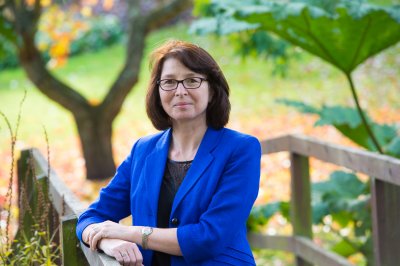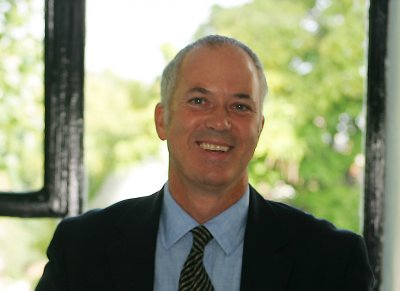
Covid-19 immunology research
Vascular complications in patients with Covid-19

Dr Martin Whyte (pictured) has been admitting and treating patients with Covid-19 throughout the pandemic. Given his interest in type 2 diabetes, early on he proposed that individuals with microvascular complications of diabetes were susceptible to more adverse consequences of Covid-19. He has since advanced important research questions regarding the interplay of diabetes, obesity and Covid-19. Vascular involvement also extends to venous thrombosis in critically-ill patients and Dr Whyte has extended this observation, showing that thrombosis in all hospitalised patients with Covid-19 is common.
Investigating functional change of antibodies in Covid-19

Professor Deborah Dunn-Walters (pictured) and Dr Alexander Stewart are studying blood samples from Frimley Park Hospital to characterise the dynamics of class switching in B cells during Covid-19 infection. This is where disease-specific antibodies change their function, e.g. from IgM to IgG or IgA. This will provide information to inform later studies assessing vaccine responses and may help to identify biomarkers of disease severity. Together with Dr Natalie Riddell and Dr Fernando Martinez Estrada all samples undergo immunophenotyping.
Studying the role of blood coagulation activation and development of thrombi that occurs in lungs of Covid-19 patients

Professor John McVey (pictured) is working with collaborators at the Royal Free London NHS Trust to understand the role of blood coagulation activation and the development of thrombi that occurs in the lungs of patients with Covid-19. They are profiling a range of markers of inflammation, lung and blood vessel damage as well as blood coagulation in the plasma of these patients. It is hoped this will further our understanding of this life-threatening complication of this devastating infection and lead to more effective treatment.